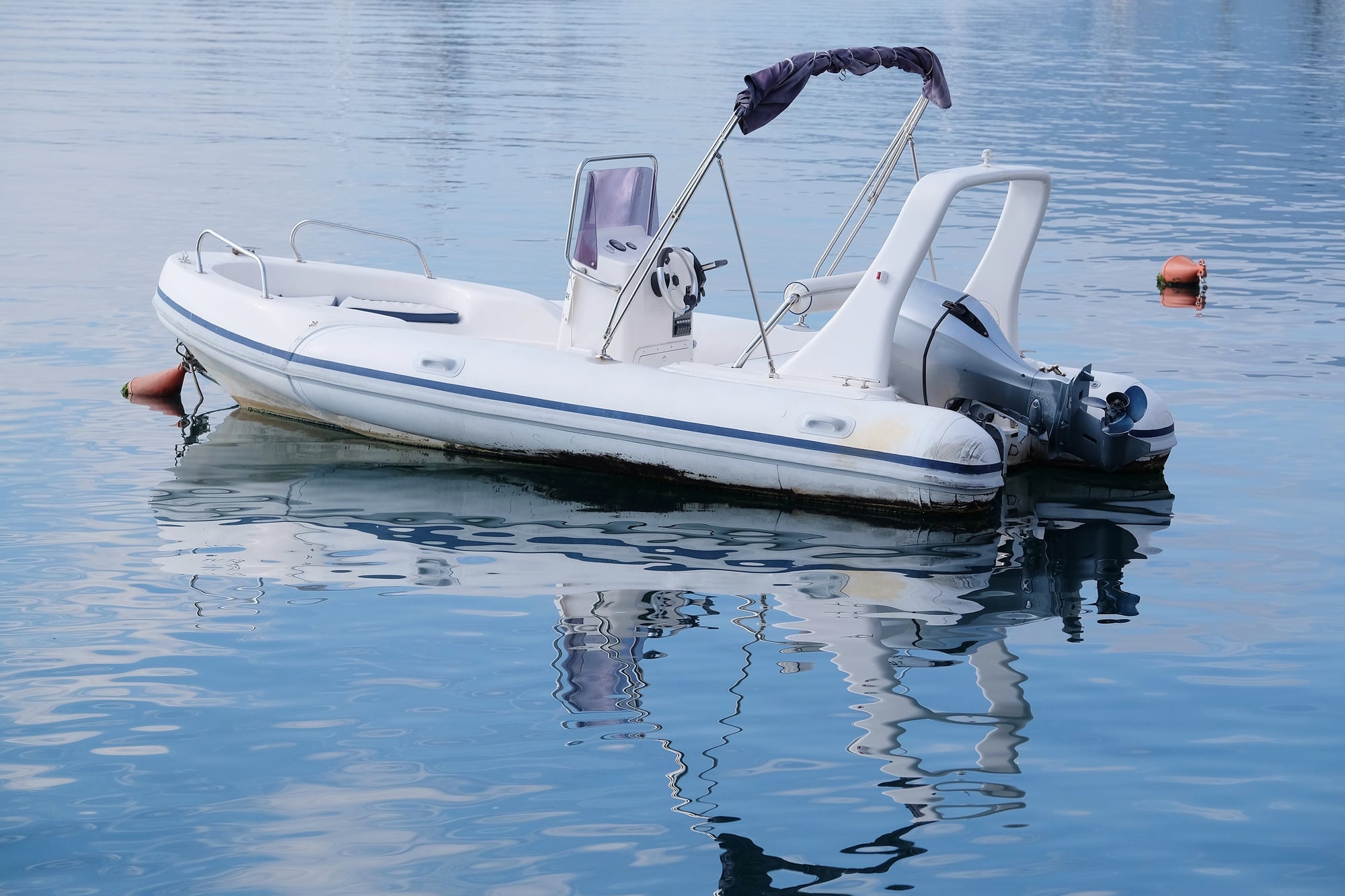Taking a ride out on the water this weekend? We’re excited for you! Whether you are planning a trip for fishing, watersports or just relaxing with friends or family, there is no denying the joys of being out on a boat or wave runner in the hot summer weather. While recreational water activities are always sure to be a good time, it is important to understand the hazards that come along with partaking in them, and educate yourself on the necessary facts before hopping on board.
The US Coast Guard recently released its 2016 Recreational Boating Statistics report, which documents 4,463 accidents leading to 701 deaths, 2,903 injuries and approximately $49 million dollars of damage to property as a result of recreational boating accidents. The number of fatalities reported in 2016 is the highest number of deaths caused by watercraft related injuries in 5 years. These tragic cases are no strange occurrence in the media either, a simple search of “boating accidents” calls up millions of cases- both high profile and recent:
- Fatal Boat Crash That Shook Lake George’s Serenity Brings Homicide Charge
- Arm Amputated After Alleged Drunk Boater Loses Control and Throws 10 Passengers Overboard
- Boy, 12, killed in boating accident off Long Island, NY
While we are never ones to discourage a good boat outing, we do encourage you to arm yourself with the knowledge you need to prepare, and hopefully prevent any occurrences from happening.
Before you go:
- Know your driver– Do you know the operator of the watercraft? Do they have a good driving record, as well as all of the necessary licenses & insurance? How much experience do they have driving a boat? Have they taken a boating safety course? Are they trustworthy? A lot of questions, yes. However it’s best to have all of this information beforehand should any incidents occur. In the case of a boating accident, the operator of the watercraft is liable if he or she fails to observe and operate the watercraft using “ordinary care.” Be sure you feel safe with who you are boating with.
- Know who your passenger’s are– How many people will be on the watercraft? Will there be enough life vests? Many times accidents are made much worse by passenger overcrowding and failure to observe basic safety rules, such as remaining seated while the boat is in motion.
- Know what substances are on board– Just as you would not get into a car with a driver who has been drinking, you should definitely not get into a boat with one. Alcohol use is the leading known contributing factor in fatal boating accidents; 15% of 2016’s fatalities were due to an inebriated operator. In the event of a boating accident, if the driver is found to be under the influence of alcohol or drugs, he or she could be liable for additional punitive damages. If you are the owner of the boat and knowingly allow someone under the influence to drive you could be found liable as well.
- Know Your Basic Boat Safety– Is there a first aid kit on board? How far will you be from land? Is there a way to call for help in the event of an incident? Get answers to these questions, and if possible, enroll in a boating safety course, many of them are even free and can be taken online.
While on board:
- Pay Attention To Your Surroundings– Similar to automobile accidents, many times you may not be at fault—perhaps another boat fails to see you or you hit an object that was not clearly visible. Regardless, it will cost you. Be on the lookout for any boats coming too close or any bits of driftwood or debris that could cause damage to the watercraft.
- Keep an Eye on the Weather– While surprisingly more fatalities happened in calm waters with good visibility, Mother Nature cannot be underestimated when it comes to your safety. Check the weather reports ahead of time, and observe the sky throughout the day to be sure there are no signs of impending storms rolling in.
In case of an accident:
- Ensure All Passengers Are Safe– If the boat is intact; ensure all passengers are uninjured and that the boat is out of harm’s way. Even if no one is showing signs of visible injuries it may be a good idea to visit a doctor afterwards, just in case. In the event of a serious accident where the boat is sinking, do what you can to make sure you and all passengers have life vests on, and signal for help.
- Call for Help– If possible/necessary, call the US Coast Guard or Marine Police for help. Be sure to mention the exact location and if anyone on board is injured and in need of medical attention.
- Document the Incident– Take photos & videos at the scene if possible, be sure to get as much documentation to use as evidence as possible. When you get a free moment, write down your recollection of the incident and include as many details as possible. Also be sure to gather the names and contact information of the driver, passengers and any witnesses to the accident. When documenting the accident try to be unbiased and do not speculate the cause of the accident unless it is uncontestable.
- Call Us– Talk to your lawyer as soon as possible after an incident has occurred to see what, if any, case you may have. Be sure to reference any evidence you have collected as well.
- File a Report– By law, a report must be filed if anyone on board a watercraft requires medical attention, is killed, or if damage exceeds $2,000. The US Coast Guard requires incident reports be filed within 10 days of an accident when an injury has occurred. In the event of a fatality a report must be filed within 48 hours.
- File an Insurance Claim– If the watercraft is yours, contact your insurance provider with the details of the accident.
Stampone Law has helped countless clients deal with personal injury lawsuits related to watercraft injuries throughout the years. Call us at 267-214-9695 or email us for your free consultation.




